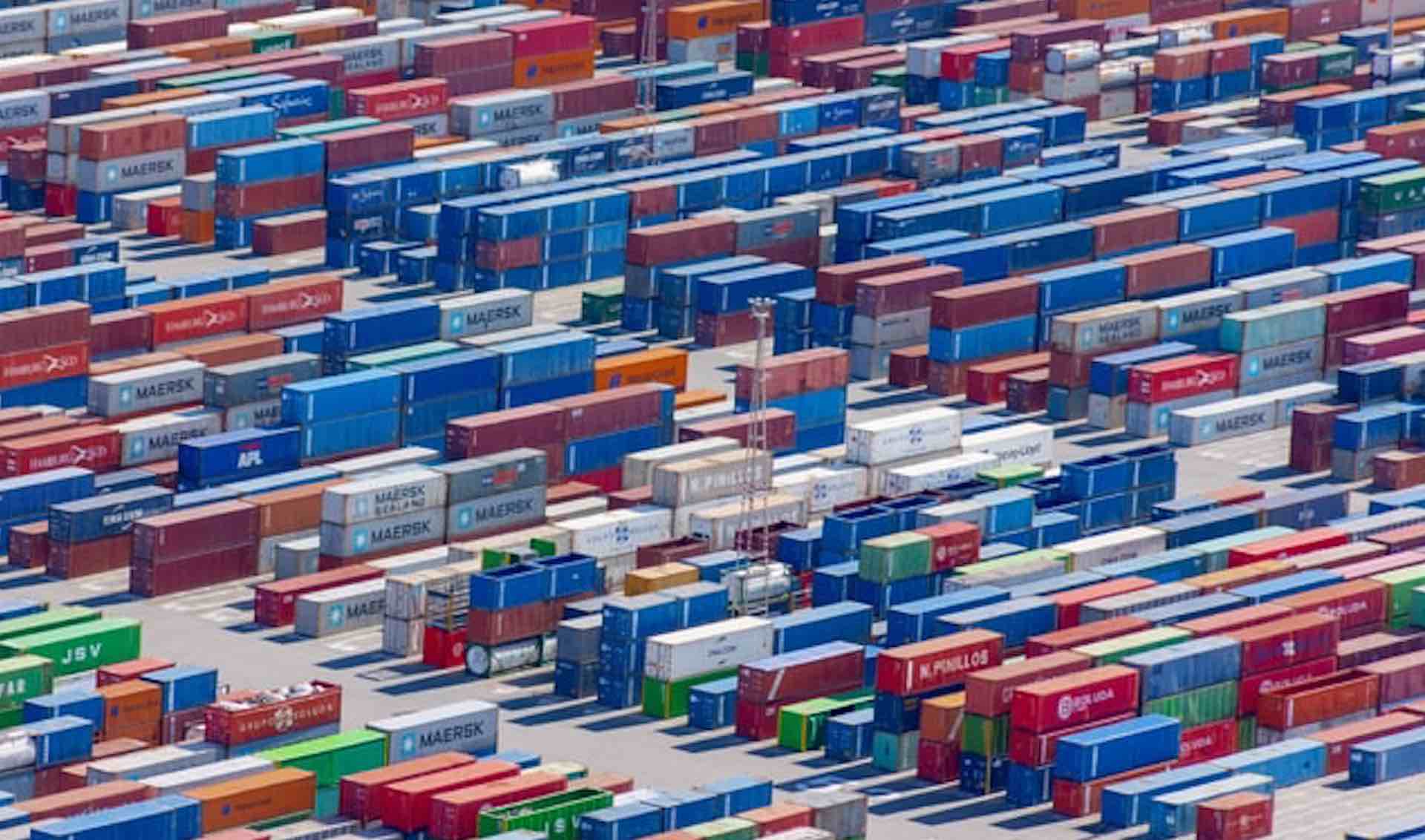The past year has been dominated by the Corona pandemic. By now, several vaccines are giving reason to hope that the situation will return to normal. We spoke with Stephan Schiller, CEO of Hermes International, a division of Hermes Germany, about the lessons learned from 2020, the international movement of goods and the importance of logistics.
Mr. Schiller, in the recent past, there has not been a global challenge like the Corona pandemic. As studies show, many companies were surprised by the effects. How is Hermes International emerging from the situation? What are the lessons learned – and are there positive aspects?
At Hermes International, we serve almost all logistics segments: from air and sea freight, to rail and truck, to global e-commerce. That is why we have experienced all stages of the pandemic – or are still in the middle of it. What started with a major depression in March has turned into unknown demand, with huge implications for pricing structure and capacity.
Therefore, my first learning is: There is nothing that doesn’t exist – or that is not possibly bound to come. For us as service providers, it is therefore even more important now to provide answers to questions that do not yet exist. That is an exciting task and what makes this industry so unique.
At Hermes International, did you notice any changes in customer demand in connection with the pandemic? If so, which services were in greater demand?
The entire processes in e-commerce are currently running at a very high level. In principle, no process and no mode of transport is exempt. Only air freight is struggling with its very own structural challenges, as international passenger traffic has not yet returned to full capacity.
Starting with procurement logistics from the markets up to the last mile, we are active in all of these disciplines. Our expertise and services are currently in high demand in all areas. A fact that we are naturally pleased about.
More posts
-
Geopolitical tensions, new legislation, cyberattacks or natural disasters – global supply chains are constantly exposed to new challenges and risks. A …
-
Advancing digitization has profoundly changed the logistics industry by opening up new opportunities for greater transparency and efficiency: Modern technologies enable …
-
Digitization plays a key role in making supply chains more secure: This view is held by more than two thirds of …

Online retail sales, which were already on the rise, once again increased significantly during the pandemic: The German Federal Statistical Office reports that the industry generated a year-on-year increase in sales of 22.9 percent in August 2020. Will this development continue? And what does this mean for the international goods traffic?
Online trade, or global e-commerce, has once again gained immense momentum, and the pandemic is acting as a turbo engine. This development is irreversible and will continue, although I expect growth rates to decline slightly.
The shift from off- to online has now reached every demographic. It is forcing retailers to strengthen their online services in order to remain competitive. Retailers who have been able to adapt quickly to the changing environment have already benefited from the situation brought upon by the pandemic. Some of our customers were able to more than compensate for the loss of sales during the first lockdown with increased online sales.
In the future, the international goods traffic will be geared even more strongly to online trade, and against this backdrop, the resilient design of the supply chain will become an important competitive factor. In addition, I hope that the sustainability issue will become more relevant in the alignment of supply chains.
It seems that the appreciation of logistics processes and the importance of logistics have increased significantly in recent months. Do you agree with this assessment?
Without logistics, the shift from off- to online would not have been possible. As a result, we are currently experiencing that the importance of logistics has increased in perception. The question of how sustainable this development is taking place remains. After all, at the same time, the market as a whole is characterized by high cost pressure. Many companies therefore still primarily see logistics as a cost driver. However, the last few months have shown impressively that logistics can be an important enabler.
Various vaccines are currently entering the market. Hopes of a “return to normality” are growing. For the “New Normal” state, the return to regional production sites or the maintenance of regional storage capacities, among other things, have been propagated. What long-term effects do you expect from the pandemic, in terms of production and logistics?
The experience of the past few months may result in a broader set-up of supply chains: Greater diversification in sourcing structures, in terms of geography as well as suppliers, and possibly larger temporary inventories could be the result.
Ultimately, the respective behavior of companies will depend heavily on the products. Pharmaceutical products, clothing, electronics – the requirements vary widely and will demand very individual solutions. Here, too, logistics and efficient supply chain management will once again play a crucial role.

